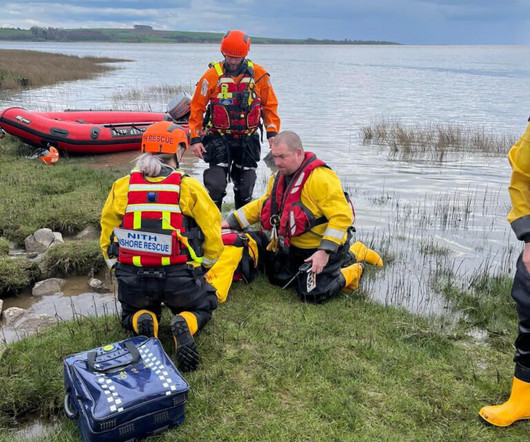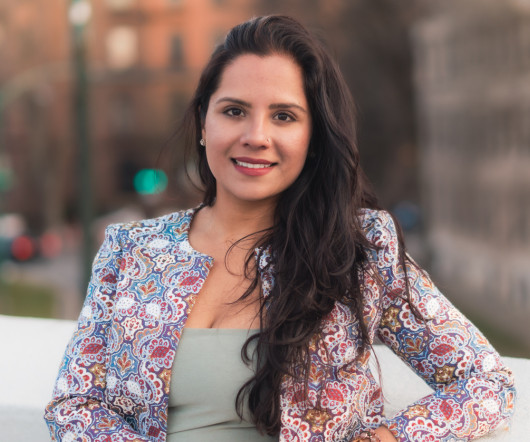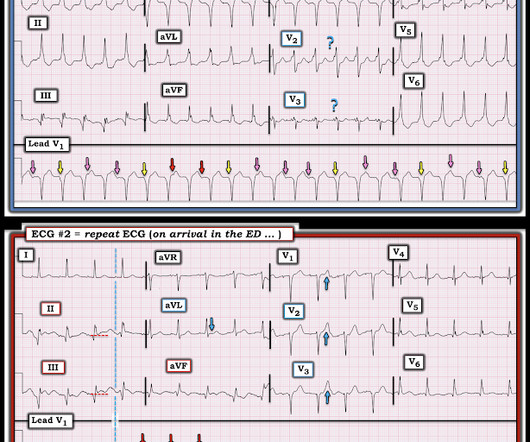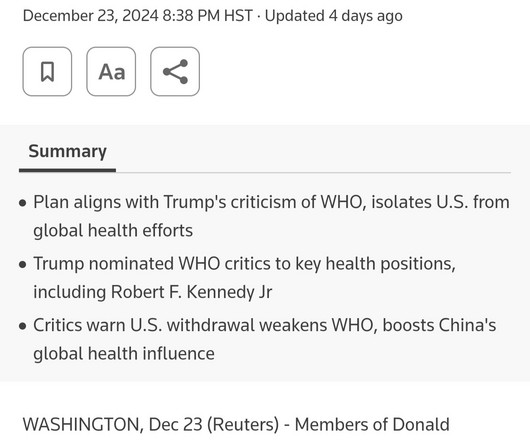Why the interest in pre-hospital? Why not?!
Mind The Bleep
DECEMBER 27, 2024
Im currently in my third year of working in a rural district general hospital Accident and Emergency Department, and one of the things that has struck me most is the use of pre-hospital medicine. Being in an area where it can take an hour and a half to get to the us, as the nearest trauma unit, really puts into perspective the need to have people trained to a level where they can provide immediate aid to people within the Golden Hour.
















Let's personalize your content